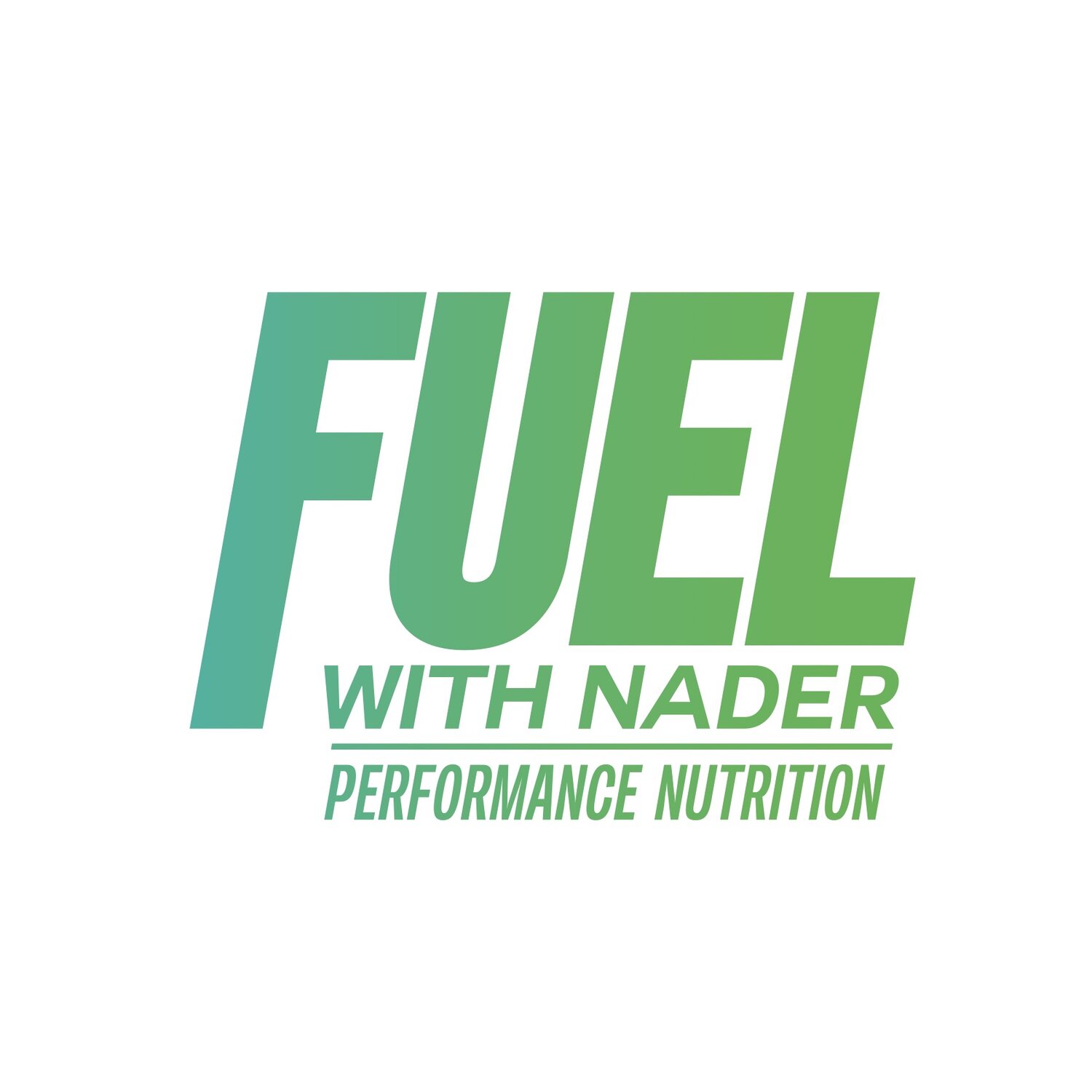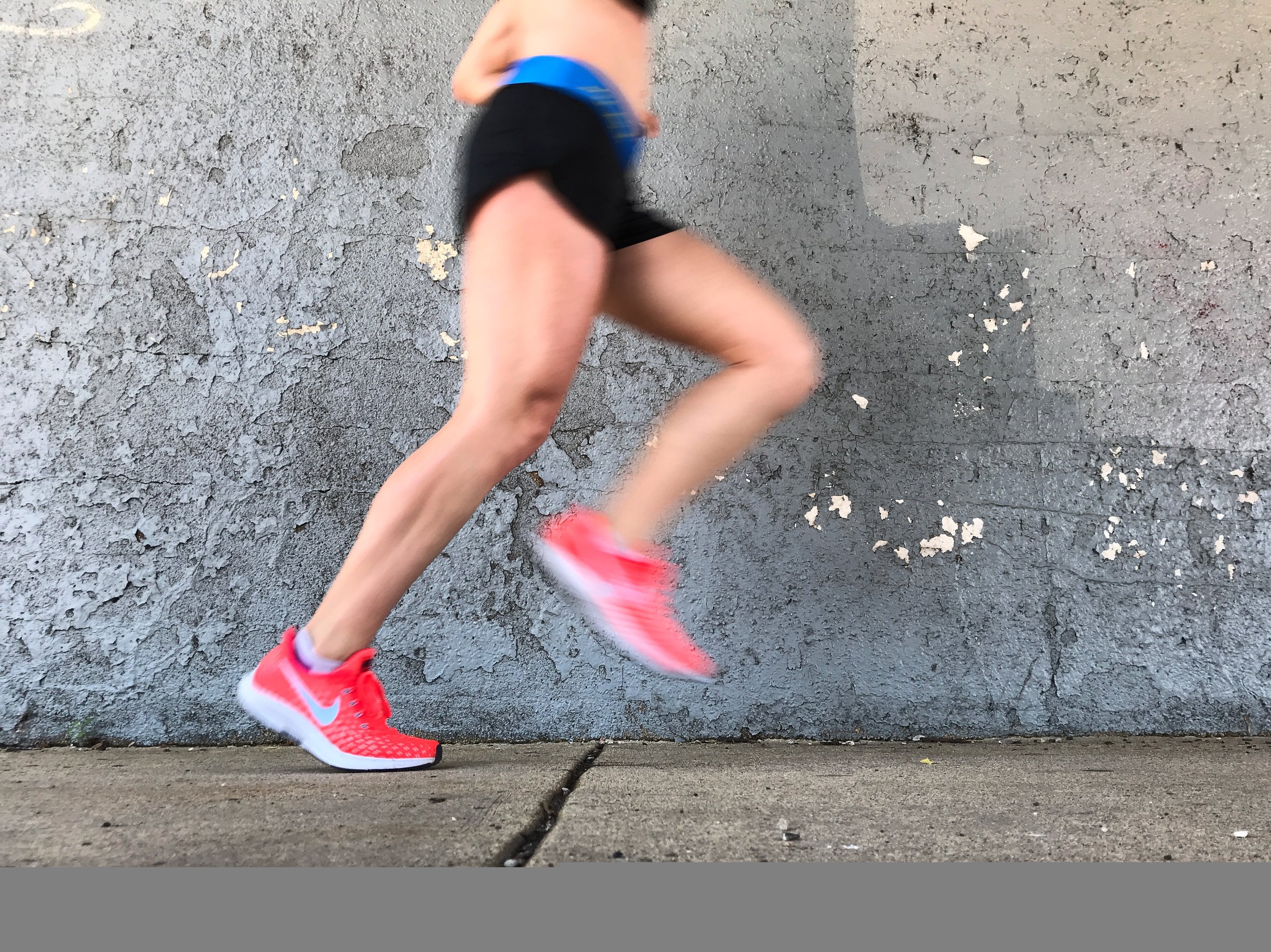Vitamin D: Improve Athletic Performance With A Little [vitamin] D
Summer is here which means the sunshine is here. This means our energy is usually up after a long, dark winter, and below the skin, our vitamin D is typically increased in the summer time. Vitamin D has been in the media more these days as more research is being done around this micro nutrient that is deficient in 50 to 70 percent of the U.S. population. With the heightened worry of deficiency, this is now carrying over into the athlete population, as vitamin D has been speculated, until now, to have a large part in athletic performance. So let's learn more about this micro giant for the athlete.
What is Vitamin D?
This fat-soluble vitamin, meaning it needs fat to be absorbed into our bodies, is hard to find naturally in our food system. That's why you might see it as added to items like milk or orange juice. Most of the vitamin D "comes" from the sun, as the sunlight activates vitamin D synthesis in our bodies. And the two organs that are important for vitamin D synthesis are the liver and the kidneys, so keeping these organs healthy is crucial for all humans, but especially for athletes.
Why Vitamin D?
This vitamin helps with absorption of calcium within your gut, to get it for your bone growth, because a deficiency in vitamin D can cause thin, brittle or misshapen bones. It has also important for reduction of inflammation in the body and cell growth and immune health. So, since we know that it is absorbed in our gut and all those benefits of the vitamin are primarily controlled by the gut, then vitamin D is crucial for our gut health! Gut health, having many different connotations, is probably the single most important nutritional focus an athlete can improve to improve athletic performance, starting with vitamin D.
Not just about bone health, but vitamin D is also important for muscle function, as a study found out earlier this year. A study looked at the lack of vitamin D in football players, from the NFL scouting combine. It found that 56% of those elite athletes had a vitamin D deficiency and more than half of those athletes had a relevant strain or injury that happened during play time. This meant many of those athletes missed one or more games in that year. Based on just this analysis, as more research in the area of vitamin D in athletes is needed, athletes with history of injury could have low vitamin D levels and could have preventable injuries.
Another recent study looked at the relationship of vitamin D and stamina in mice, using factors that are important to athletes, such as grip strength and endurance and speed and gait length. The study was the first to look at long term effect of vitamin D insufficiency, and found that over time, the lower levels of vitamin D causes lower grip strength, endurance, sprint speed, sprint length and lower lean body mass. All these factors, although in mice, are crucial for any athlete, and this study was able to account for the factors such as diet and exercise and genetics. Once again, more research needs to be done, but an eye opening look into the effect of low vitamin D intake over time on the body and mind. And as athletes, we should always be concerned about the future self, as that will improve our current self.
How can I get vitamin D?
Well, we know it mainly comes from animal sources and sunlight, so other than getting sun exposure, the following foods can help increase your vitamin D intake:
Fatty fish like salmon, tuna, and mackerel
Beef liver
Egg yolk
Some cheeses
Fortified foods such as cereals, milks, orange juice and yogurt
And biggest source is the sun, no pun intended. Getting sun exposure for about 30 minutes a day, no sun screen, can help with daily need of vitamin D.
A pre-race meal with good source of vitamin D in the smoked salmon.
For a vitamin that we have known has been an issue getting enough of, hence the fortified foods, it is suprising how 40% of the general population has vitamin D deficieny. Especially for athletes, being sufficiently intaking vitamin D, even if a supplement, can make all the difference in your athletic performance, no matter what your goals.
Sources:
Football Play Research Study
https://consumer.healthday.com/fitness-information-14/football-health-news-250/lack-of-vitamin-d-can-sideline-college-football-players-729691.html
Vitamin D effect on athletic stamina
https://medicalxpress.com/news/2018-06-vitamin-d-impair-stamina.html


![Vitamin D: Improve Athletic Performance With A Little [vitamin] D](https://images.squarespace-cdn.com/content/v1/58d46b299de4bbb17022ea13/1533100440772-ZPBQV47X54VTEURMD11K/Insta+Post+1.png)




